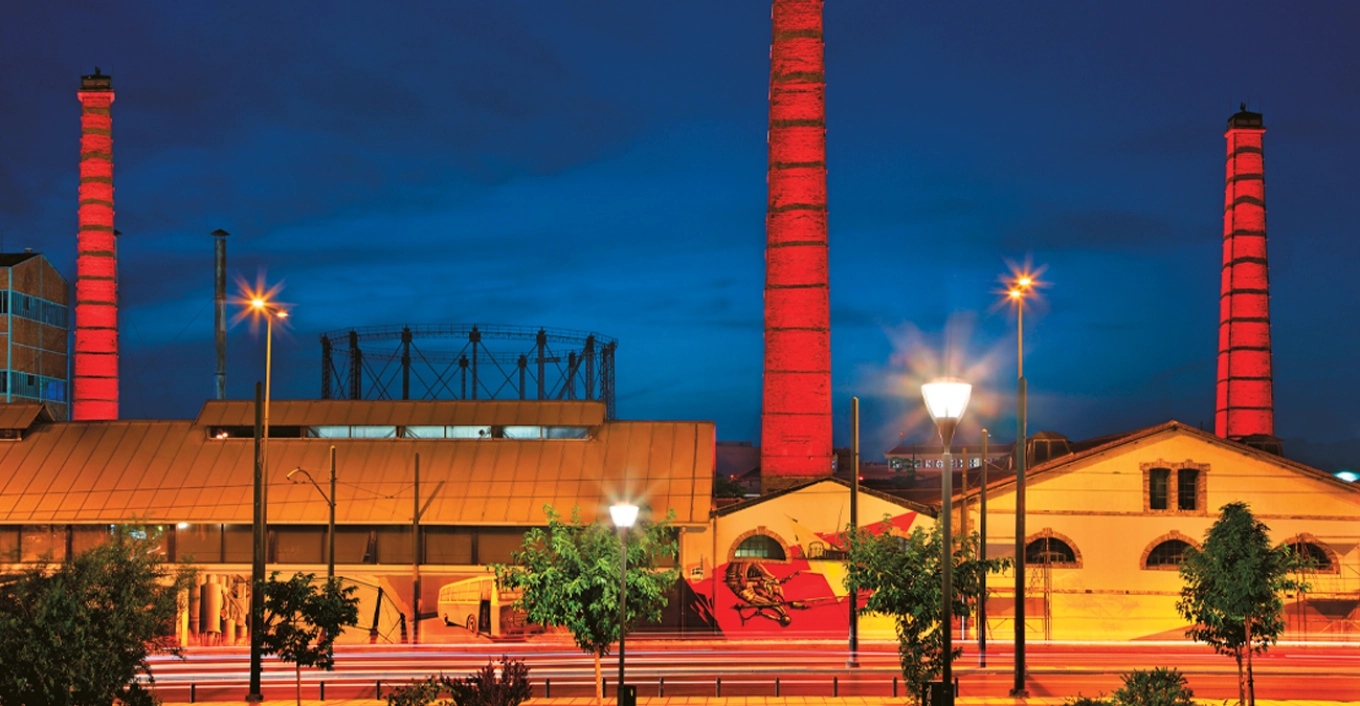Dirty air can lead to women giving birth to smaller babies, according to new research which also warns that exposure to air pollution during pregnancy rivals the damage done by smoking.
A new study carried out by the universities of Edinburgh and Aberdeen has revealed that Scottish babies exposed to dangerous air pollution breathed in by their mothers developed smaller heads and shorter bodies.
The research also showed that mothers who smoked during pregnancy, but who were exposed to less pollution, gave birth to children with similar defects.
The study only took into account a sampling pool in the northeast of Scotland, where air pollution is less pronounced than in cities like Edinburgh and Glasgow. The highest average concentrations detected during the study were 7.2 micrograms per cubic metre, far below the annual average of 10 mcg per cubic metre recommended by the WHO.
Lead scientist Dr Tom Clemens explained that his team’s findings showed that “a foetus with a non-smoking mother exposed to high pollution levels is only slightly better off than one with a smoking mother exposed to low levels of pollution”.
Clemens urged the World Health Organisation (WHO) and the European Union to review their separate definitions of what emission levels are considered acceptable.
Another recent study warned that massive spending by the G20 nations on fossil fuel subsidies has racked up healthcare-related costs in the excess of two trillion dollars, largely due to complications caused by exposure to air pollution.
It was the first time that a study of this nature took into account the impact on developing foetuses of particulate matter, which can enter the lungs and bloodstream. Data was collected via ultrasounds and maternity records of births between 2002 and 2011.
Study co-author Chris Dibben warned that while most mothers are aware of the dangers smoking posed to their unborn children, many might not be as clued up on the impact of air pollution. This is particularly true of people who live in less polluted areas.
Earlier this year, the European Commission acknowledged that more than 130 cities across the member states have broken air quality laws. Several countries have recently announced intentions to ban combustion engines in the near future in order to combat air pollution.
The Commission has also taken steps to try and rein in pollution levels. New standards for power plants came into effect earlier this month, leading many energy firms to question whether it is economically more feasible to bring their plants up to code or simply shut them down.
Ask me anything
Explore related questions





